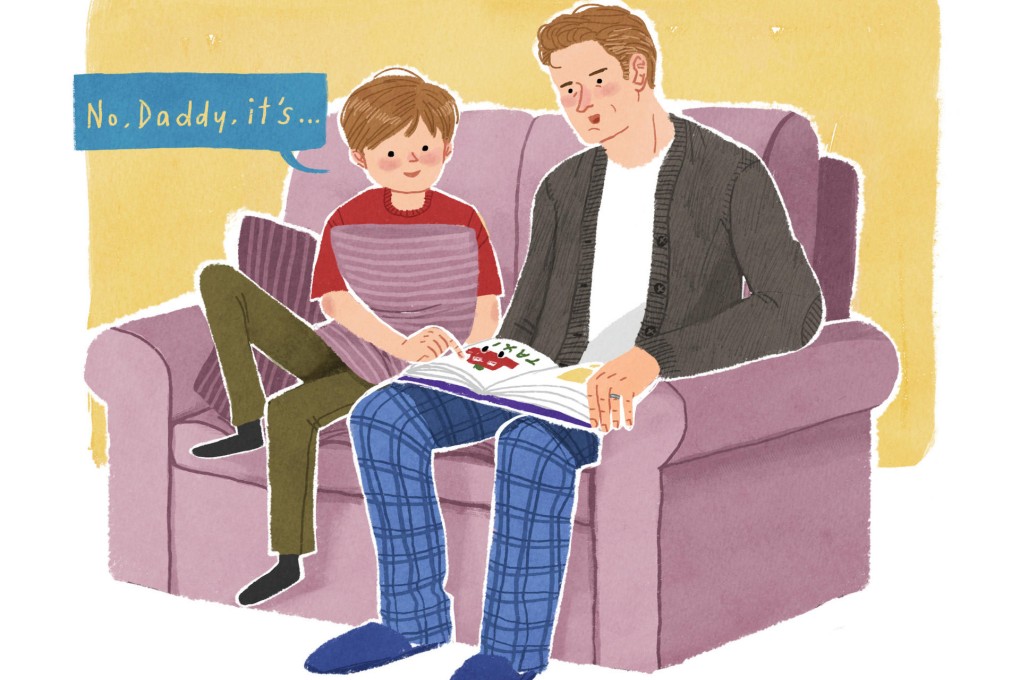
Life took an unexpected turn on the morning of October 7 two years ago. That was when my husband, Dave, had a stroke. Apart from some complaints about a sore throat the previous day, his health appeared good. He got up for work as usual and was in the bathroom when the stroke happened.
So I didn't notice any of the signs, such as loss of consciousness, or one side of the face sagging.
He was able to get back into bed and answer "No", when I asked if he was all right. As he was only 43, a stroke was not the first thing I thought of when I noticed he was having trouble speaking.
I rang the doctor's, and Dave prepared to go to the clinic. But as he came out of the bedroom, I noticed he was dragging his right foot. I called the doctor back, and was told to call an ambulance.
The rest of that day was a bit of a blur. I was told in Accident and Emergency that Dave had suffered a stroke and was being admitted.
I had no idea what that meant, or what the implications were in the long and short term. Our daughter was 10 and our twin sons were seven. I told them that daddy had hurt his head and needed to stay in hospital for a while. I called his mother and his office.